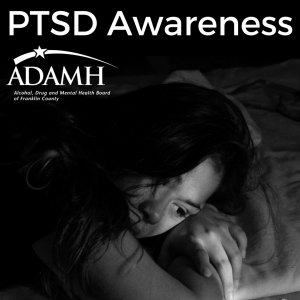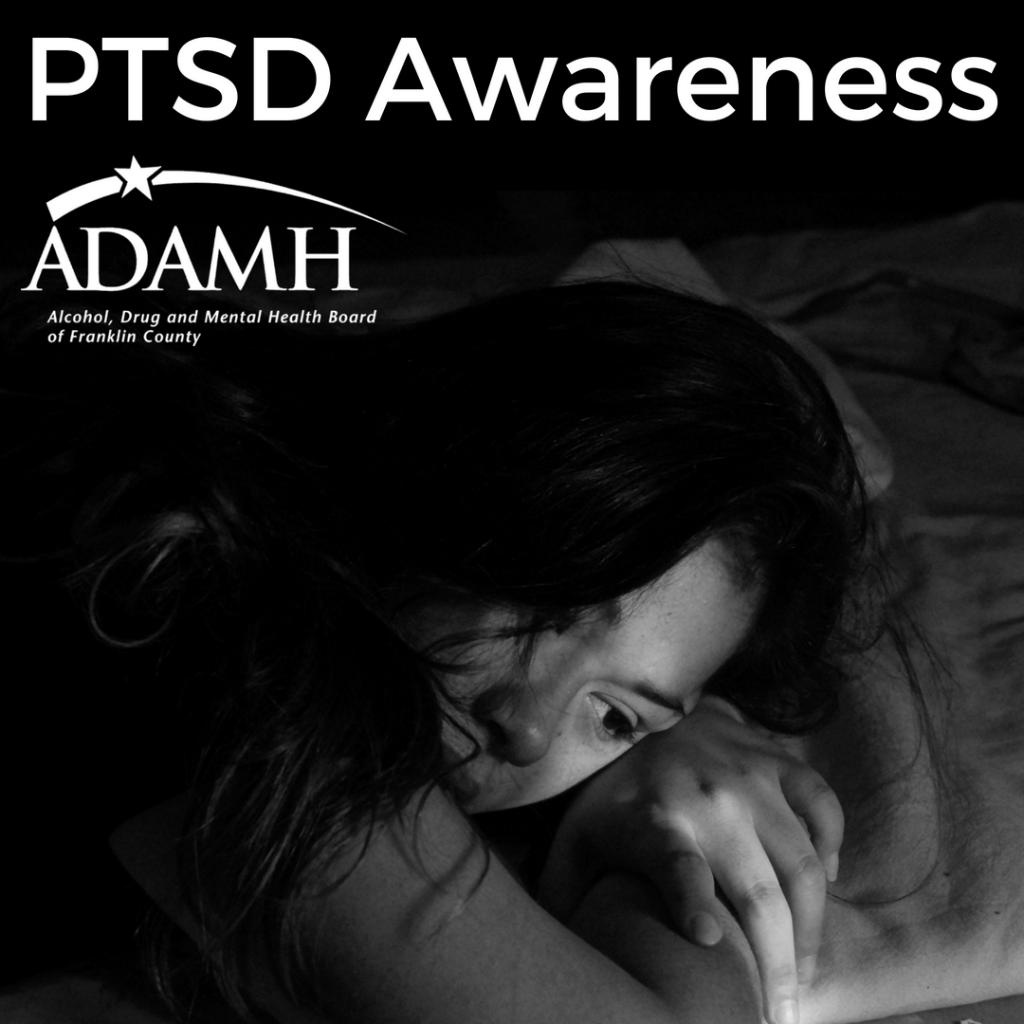What is PTSD?
PTSD stands for Post-Traumatic Stress Disorder. Many people experience traumatic events in their lives and can feel distress, anxiety, fear, helplessness, regret, guilt, or anger. Generally, these feelings subside after a few days or weeks. PTSD exists when these feelings persist for months or even years after the trauma ends. These feelings may disrupt a person's ability to complete daily tasks.
Symptoms of PTSD:?
- Avoiding people, places or situations that are reminders of the trauma.
- Being constantly on guard; feeling stressed or frightened even when there is no present danger.
- Losing trust for others and feeling that the world is a dangerous place.
- Being unable to control thoughts about the trauma, including flashbacks and nightmares.
- Experiencing panic attacks.
- Being easily startled or having angry outbursts.
- Feeling depressed, hopeless or having thoughts of suicide.*
Who is affected by PTSD?
Anyone who has experienced a traumatic event may suffer from PTSD. Traumatic events include experiencing war, sexual assault or harassment, physical assault, disaster, an accident, or witnessing death or injury. Children who are neglected or abused may also experience symptoms of PTSD. Developing PTSD can happen to anyone at any age and is not a sign of weakness.
Could I be experiencing PSTD?
Take this PTSD screening by Mental Health America to see if you are experiencing signs of PTSD and share your results with a physician or healthcare provider to determine your next steps. A doctor with experience treating people with mental illnesses, such as a psychiatrist or psychologist, can officially diagnose PTSD.
How is PTSD treated?
This disease affects each individual differently, so what works for one person may not work for someone else. PTSD is generally treated with medication, psychotherapy (talk therapy) or a combination of the two.
The most common medications prescribed to treat symptoms of PTSD are antidepressants: SSRIs (selective serotonin reuptake inhibitors) and SNRIs (serotonin-norepinephrine reuptake inhibitors). Anti-anxiety medications may also help. Work with your doctor to find the best medication, or medication combination, and dosage that works best for you.
Support from friends and family is an important element of recovery, but a person experiencing PTSD can treat symptoms by talking to a mental health professional one-on-one or in a group session. Cognitive behavioral therapy, CBT, is a common form of psychotherapy used to treat mental illnesses such as PTSD. This can include exposure therapy, helping people face and control their fears, and cognitive restructuring or cognitive processing, working to understand and adjust how a traumatic experience has impacted an individuals thoughts and feelings.
What can I do to reduce symptoms of PTSD?
Beyond professional treatment, individuals can take steps in their everyday lives to reduce symptoms.
- Reduce stress by engaging in physical activity or exercise.
- Break large tasks into smaller tasks.
- Set realistic daily and weekly goals for yourself.
- Set aside time to connect with friends and family.
- Confide in a trusted friend or relative and inform others about the things that may trigger your symptoms.
- Make sure you are getting enough rest.
- Keep a journal.
- Volunteer to help others.
- Expect your symptoms to improve gradually, not immediately.
- Identify situations, places, people and activities that help you relax.
How can I help a friend or family member who is struggling with PTSD?
If you know someone who is struggling with PTSD, encourage them to seek professional help. Listen without judgment, providing a source of comfort and support for the person in your life who is dealing with this disease. Offer to volunteer or exercise with them as a pair or with a group of mutual friends.
*If you or someone you know is struggling with depression or thoughts of suicide, call the suicide prevention hotline: 614.221.5445
For more information, visit our Suicide Prevention page.

